Search
Search Results
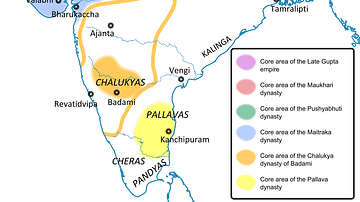
Definition
Maukhari Dynasty
The Maukharis (554 CE - 606 CE) rose as a power after the downfall of the Gupta Empire (3rd to 6th century CE) in the 6th century CE in northern India. The core area of their kingdom was situated in what is now the state of Uttar Pradesh...

Definition
Mamikonian Dynasty
The Mamikonians were a powerful clan group who were influential in Armenian political and military affairs from the 1st century BCE onwards. They rose to particular prominence from c. 428 CE to 652 CE in the half of Armenia ruled by the Sasanian...
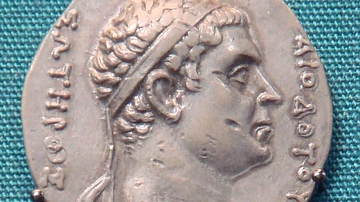
Definition
Diotid Dynasty
The Diodotids were a Greco-Bactrian dynasty of kings, composed of the two rulers Diodotos I and his son Diodotos II. The dynasty lasted between c. 250 BCE and c. 230 BCE, which was very short but significant because Diodotos I was the first...
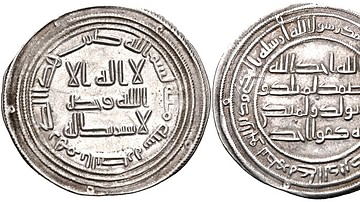
Definition
Umayyad Dynasty
The Umayyad Dynasty (661-750 CE), the first dynasty to take the title of Caliphate, was established in 661 CE by Muawiya (l. c. 602-680 CE), who had served as the governor of Syria under the Rashidun Caliphate, after the death of the fourth...

Definition
Sargonid Dynasty
The Sargonid Dynasty was the last ruling house of the Neo-Assyrian Empire from 722-612 BCE, beginning with the reign of Sargon II and ending with fall of the Neo-Assyrian Empire. Some of the most famous kings in the history of Assyria come...

Article
Achievements of the Han Dynasty
The achievements of the Han dynasty (206 BCE - 220 CE), often regarded by scholars and the ancient Chinese themselves as the golden era of Chinese culture, would have lasting effects on all who followed, particularly in the areas of government...
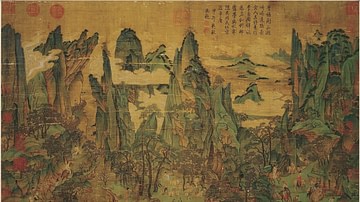
Article
The Art of the Tang Dynasty
The art of the Tang Dynasty (618-907 CE) began to explore new possibilities in materials and styles with landscape painting and ceramics, in particular, coming to the fore. New techniques, a wider range of colours and an increase in connoisseurship...

Definition
Middle Kingdom of Egypt
The Middle Kingdom (2040-1782 BCE) is considered ancient Egypt's Classical Age during which it produced some of its greatest works of art and literature. Scholars remain divided on which dynasties constitute the Middle Kingdom as some argue...
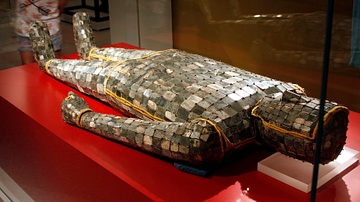
Article
The Art of the Han Dynasty
The art of the Han dynasty (206 BCE - 220 CE) of ancient China is characterised by a new desire to represent everyday life and the stories from history and mythology familiar to all. The arts were fuelled both by a political stability with...
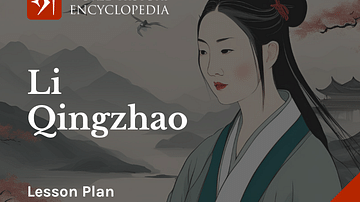
Teaching Material
Li Qinghzao and the Song Dynasty
This lesson plan delves into the Song Dynasty through the writings of Li Qingzhao, a renowned female poet. Students will explore major historical events and societal changes during this period by examining an encyclopedia article and Li Qingzhao’s...